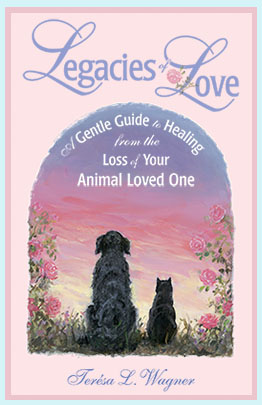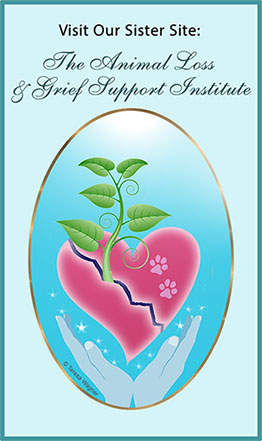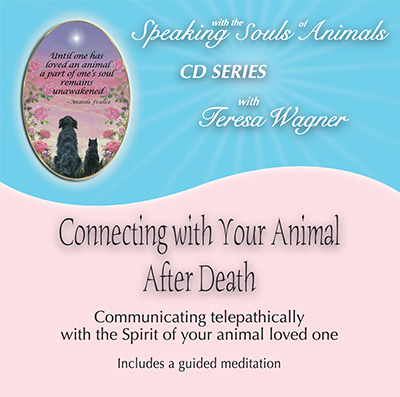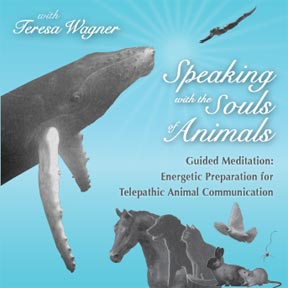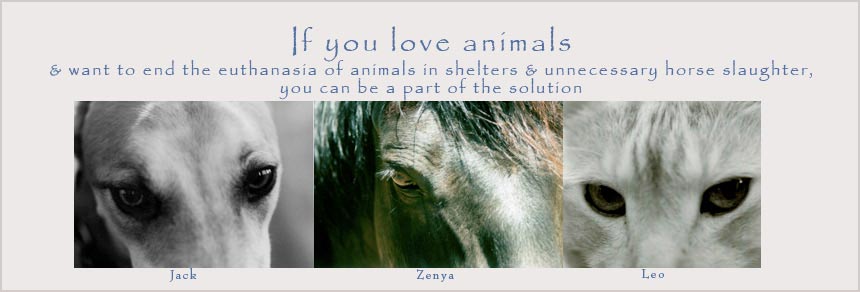Activism, Prayer & Personal Choices for the Animals
Activism
Not to hurt our humble brethen is our first duty to them, but to stop there is not enough.
We have a higher mission--to be of service to them whenever they require it.
~ St. Francis of Assisi

There are so many ongoing issues of animal suffering in the world that it's almost impossible for any compassionate person to not become overwhelmed or angry at times. Though we know that sustained anger is not good for our health or our souls, temporary outrage at injustice may be the only thing that ever motivates and mobilizes the energy necessary to create change for a more compassionate world. Without a period of voiced outrage and actions to change social injustice, injustices continue.
If it weren't for people who were willing to stand up and speak up about injustice which changed laws, American women still wouldn't be able to vote, and would still be the property of their husbands or fathers. Obama would not only not be President of the U.S., he would not even have been able to vote for the white men who were eligible to run. Abused children would have no recourse. Drunk drivers who kill people would still just get a slap on the wrist. Whales, sea otters and many more species would probably be extinct by now. Without animal protection laws, created and updated by the continual energy of activists, Michael Vick would probably still be torturing dogs. Taking a stand is an important component of what changes the world for the good. It changes consciousness. It changes laws. It prevents further suffering.
Taking a stand is an action of both the heart and solar plexis chakra. It is about using both our compassion and our power. Many of us who are animal communicators, animal lovers and healers are more comfortable staying in the upper chakras of love and spirit—comfortable and often rewarding places—and avoiding the issues of power and conflict of the solar plexis. I believe that if we love animals, it's not enough to do only the soft, comfortable work of the heart and spirit. We owe it to them to use our own power, our sense of right and wrong, to stand up for them.
Sogyal Rinpoche, well known Buddhist teacher and author of The Tibetan Book of Living and Dying, defines compassion as not simply a sense of sympathy or caring for those who suffer, not only a sharp clarity of recognition of their needs and pain, but a sustained and practical determination to do whatever is possible and necessary to help alleviate their suffering. I agree wholeheartedly. When we react with just pity for animals who are suffering, we remain bystanders which does nothing to help those in peril. Compassion, however, compels us to take action to help.
Activism is not synonymous with extremism or being a radical. It is not limited to carrying placards at protests or participating in marches. It simply means taking action for what we believe in. Activism can be about gently sharing with friends why you spay and neuter your companion animals, or why you’ve decided to show your children dvd’s about dolphins and whales rather than supporting adventure parks or aquariums who have removed those animals from their families and homes and placed them in captivity for profit. It can be about responding to email action alerts about animals, making donations, staying informed of what is happening to the species we especially love (and other species too!). It can be about walking dogs at your local shelter, or giving other volunteer time, goods or financial donations to groups whose work is in alignment with our own values about particular issues. Activism is about staying "active" and informed about what is important to us and acting accordingly.
The opposite of activism is not wanting to know about the suffering of animals, or, having awareness that suffering exists and choosing not to do or say anything about it. Exposure to information about suffering can be overwhelming and hard to take in. It’s understandable that sometimes it is more comfortable to just “not take it in” because to do so can feel so emotionally devastating. It can help to choose just one or two sources of information to regularly receive or reivew. It can also help to protect ourselves energetically from exposure to all the pain. There are many ways to do this including protecting ourselves with light, taking flower essences such as yarrow, holding certain stones such as obsidian, listening to meditations designed just for this purpose, and asking those we pray to to help protect us emotionally us as we help the animals. For more ideas see When Compassion Hurts.
It’s also important to remember that we don’t all need to be entrenched in the front lines of suffering—either in person or with exposure to every detail— in order to help. We can limit our exposure from hearing about or seeing every detail of every issue. The energy that organized activists have mobilized with an online presence makes it incredibly easy for the rest of us to keep informed about human actions that put animals at risk and what we can do about it. Their hard work makes it simple, quick and convenient for us to respond to email alerts and to receive email summaries of issues we care about.
Every alert we respond to makes a difference. Every prayer we send when we read about an issue makes a difference. Every choice we make to help makes a difference, no matter how small.
Question to Ponder:
What issue(s) about animals am I passionate about?
What more would I like to learn?
What would I really like to see changed for animals?
Toward this issue, in what way could I use my skills, time, or talents to help in a constructive way? It could be as simple as signing up for one organization's action alerts, or involve more time and energy to volunteer, or be willing to share information with friends and family to further raise consciousness about the issue.
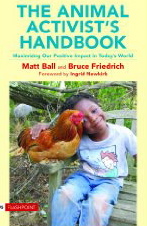 |
Highly Recommended Book:The Animal Activist's Handbook: Maximizing Our Positive Impact in Today's World Matt Ball and Bruce Friedrich. This is not a book that proselyizes radical activism. It is, rather, a supportive and comforting book for all of us who love animals and want to help them. Includes chapters on The Joy of a Meaningful Life, Choosing Meaningful Action, Effective Advocacy for Animals, and is chock full of information on animal issues without being the least bit preachy—it is inspirational and practical. |

Never doubt that a small group of thoughtful, committed citizens can change the world. Indeed it is the only thing that ever has.
~Margaret Mead
We can do no great things, only small things with great love.
~Mother Teresa

